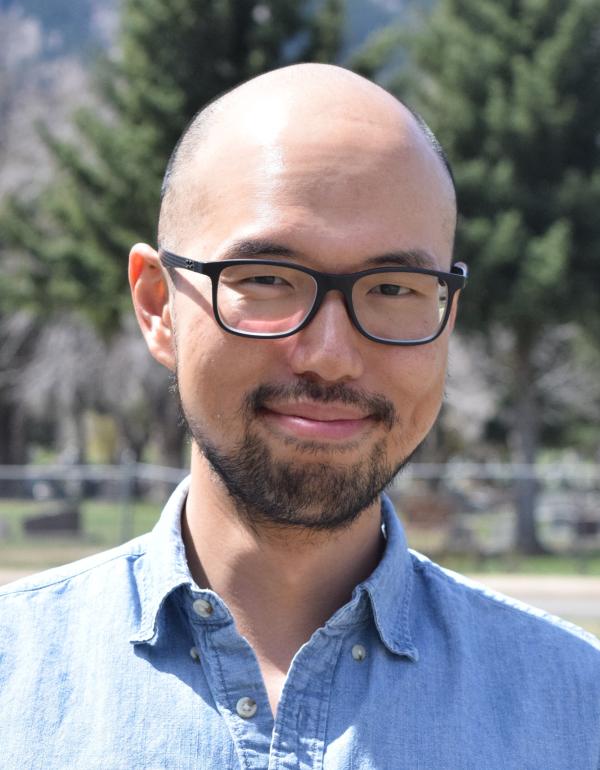
Education
- B.S. 2014 University of Nevada, Las Vegas, Physics
- Ph.D. 2020 Harvard University, Physics, Mentor: Professor Prof. Kang-Kuen Ni
Postdoctoral Experience
2020-2023 Postdoctoral Fellow with Dr. Chi-Wen Chou in the Ion Storage Group at the National Institute of Standards & Technology (NIST) in Boulder, ColoradoProfessional Experience
Beginning January 2, 2024 - University of Maryland College Park, Assistant Professor, Chemistry and BiochemistryResearch Interests
The Liu group employs quantum science techniques to advance our understanding of and control over chemistry at the quantum level. Laser cooling, optical/ion trapping, and coherent control are used to prepare samples of molecules at temperatures approaching absolute zero and in defined quantum states. Such “ultracold molecules” greatly enhance the resolution of spectroscopic probes and chemical reaction studies, revealing intricate details in the structures and dynamics of seemingly simple molecular systems. The fundamental chemical insights gained through this research serve to advance a range of practical applications, including synthesis, quantum computation, and material science.
Recognitions and Honors
- 2021 Justin Jankunas Doctoral Dissertation Award finalist (American Physical Society/Division of Chemical Physics)
- 2018 Bok Center Excellence and Distinction in Teaching Award, Harvard University
- 2014-2015 Purcell Fellowship, Harvard University
- 2012-2014 Philip J. Cohen Scholarship, UNLV
- 2012-2014 Linfa R. Wright Scholarship, UNLV
The Liu group employs quantum science techniques to advance our understanding of and control over chemistry at the quantum level. Laser cooling, optical/ion trapping, and coherent control are used to prepare samples of molecules at temperatures approaching absolute zero and in defined quantum states. Such “ultracold molecules” greatly enhance the resolution of spectroscopic probes and chemical reaction studies, revealing intricate details in the structures and dynamics of seemingly simple molecular systems. The fundamental chemical insights gained through this research serve to advance a range of practical applications, including synthesis, quantum computation, and material science.


